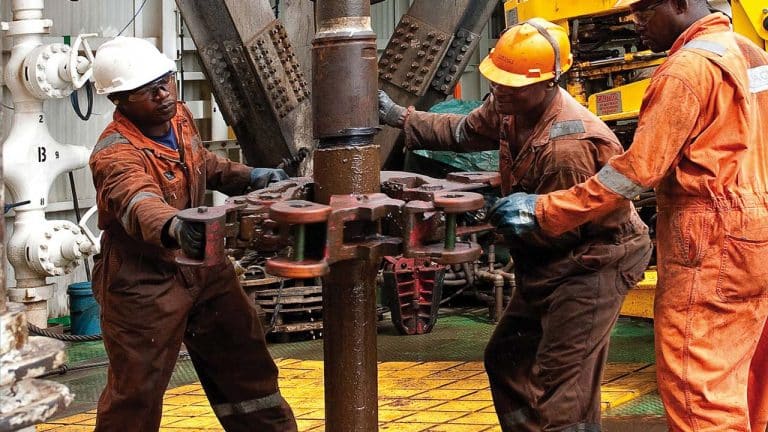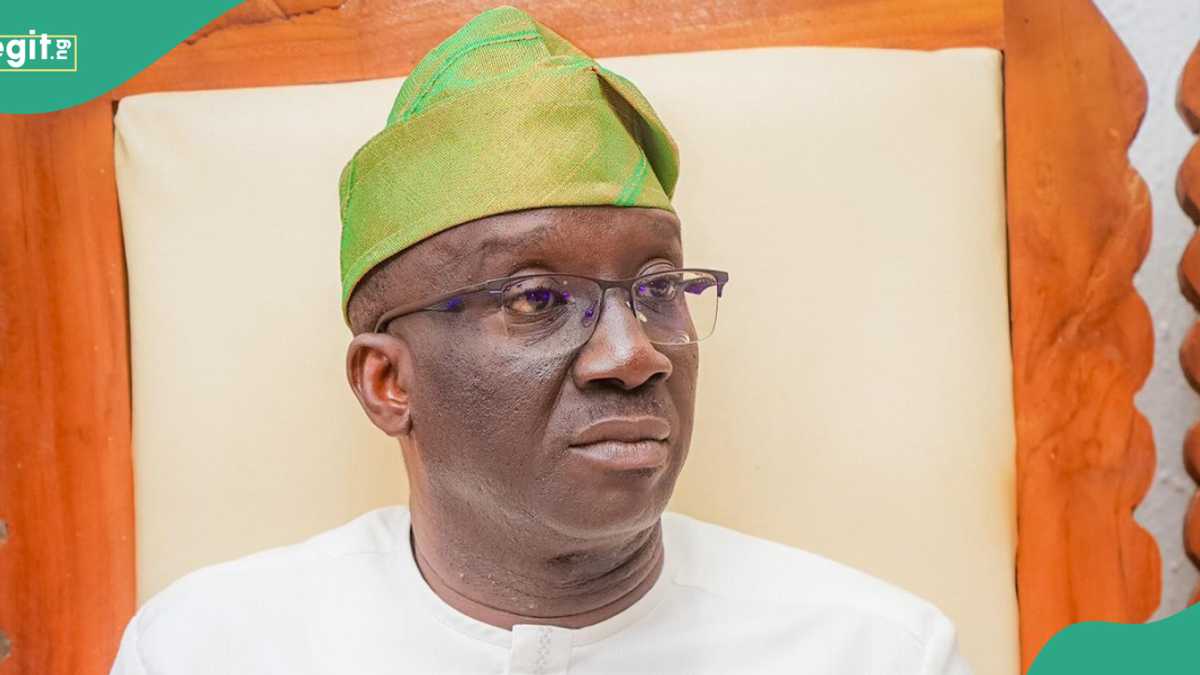The president of the African Development Bank Group (AfDB), Dr. Akinwumi Adesina, has staunchly defended the Dangote Refinery, responding to growing concerns about low quality products and potential monopolistic tendency.
In a statement by Adesina, shared by billionaire businessman Femi Otedola on Tuesday via X, the AfDB boss was reacting to the ongoing controversy surrounding Dangote Refinery’s operations, noting that the recent outburst by the Nigeria Midstream and Downstream Petroleum Regulatory Authority (NMDPRA) chief executive, Adamu Farouk, against the Refinery and its founder was shocking and creating bad waves for Nigeria globally.
Adesina highlighted that monopolies often arise in industries with significant entry barriers or high capital costs, such as railways and large-scale refineries. He questioned the feasibility of competing with Dangote’s refinery, given the immense investment required.
“Monopoly often exists where there are high barriers to entry or high capital costs,” Adesina stated. “How many individuals or companies can do railways? How many can do refineries of the scale of Dangote Refineries? In a nation that has been importing refined petroleum products for several decades, the abnormal simply became very normal.”
Adesina emphasised the financial and operational challenges of manufacturing in Nigeria, particularly in an environment plagued by policy uncertainties and reversals. He pointed out that no prudent investor would risk a $19.5 billion investment only to be undermined by importers.
“To manufacture is extremely expensive and risky,” he said. “This is even more so in Nigeria, given the very challenging business and economic environment, fraught with policy uncertainties and policy reversals, and where the self-defeating default mode of ‘simply import it’ is always so easily rationalized and chorused to solve any problem.”
Addressing the notion of competition, Adesina argued that it is beneficial for everyone but questioned if Dangote Refineries could be deemed anti-competitive. He posed several questions: “Has Dangote Refineries prevented any other company from setting up refineries? Why have others not done so? How come they have not done so for several decades? Was it Dangote that held them back?”
Adesina further asserted that Dangote Refineries should not be expected to compete with importers of petroleum products. Instead, he urged importers to establish local refineries to foster fair competition within Nigeria.
“We cannot and must not undermine, disparage or kill local industries, talk less of one that is of this scale — a jewel of industrialisation in Nigeria,” Adesina said. “It is more than simply delivering the cheapest product to the market. It is about domestic supply security, driving (and yes, protecting) globally competitive industries, maximizing forward and backward linkages in the local economy, job creation, reducing forex expenses and shoring up the Naira.”
Adesina concluded with a caution against the negative implications of disparaging Dangote, highlighting the potential deterrent effect on future investments in Nigeria. “This whole disparaging of Dangote is uncalled for. It is self-defeating. And it is very bad for Nigeria. Who will want to come and invest in a country that disparages and undermines its own largest investor? Investing is tough. Pettiness is easy. It sadly sends a signal that the price for sacrificing for Nigeria is to get sacrificed.”

 3 months ago
29
3 months ago
29















 English (US) ·
English (US) ·